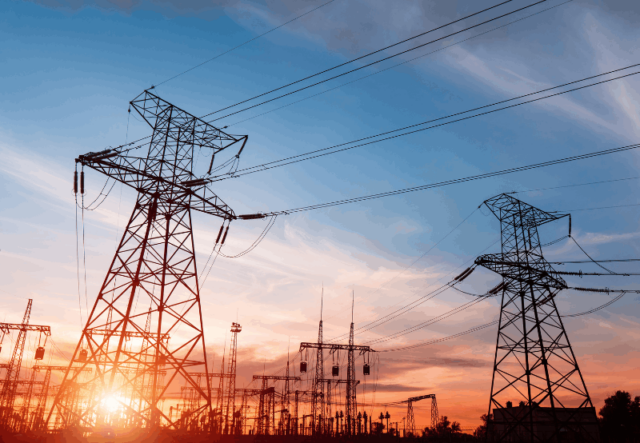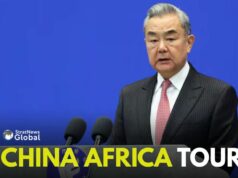The increase in electricity tariffs last week and its disproportionate impact on the hospitality industry is bound to push many hotels towards the brink of collapse, with hoteliers being forced to absorb the added costs as it is not feasible to increase room rates to reflect the new tariffs.
According to The Hotel Association of Sri Lanka (THASL), the premier body representing the hotel industry, though a power tariff hike is necessary, it should not have been so steep. “They have placed the hotel industry on a super tariff where the increase is 27% more than that of any other industry. This is an unfair increase. Therefore, we are not in a position to increase rates,” THASL President M. Shanthikumar told The Daily Morning. “At the moment, tour operators and destination management companies are only looking at discounts and are not willing to pay $5 more to help us.”
Speaking further, he said: “This will make hotels incur more losses. Small and medium hotels will not be able to settle their payments. They are not even in a position to pay salaries at present. How can they pay additional taxes and service charges? At a time the government should be ensuring support to the industry that is bringing in foreign currency, they have blindly placed us on a super tariff.”
Tour operators say packages for tourist groups have already been sent to agents overseas and cannot be amended. Sri Lanka Association of Inbound Tour Operators (SLAITO) Media Spokesperson Mahen Kariyawasam told The Daily Morning that if hotels increased their rates in tandem with the increase in electricity tariffs, there would be a detrimental impact on the already ailing tourism industry.
“Hotel prices will go up and there will be a great impact on tour operators as well. At this stage, we cannot increase the tour operator prices already quoted to our principals.”
Speaking further, he noted that despite the electricity tariffs increasing by a significant percentage, hotels may not be able to increase their prices hurriedly by a large margin. “They have already contracted the rates and it’s very difficult to increase prices once you’ve contracted the rates.”
Meanwhile, All-Ceylon Tourism Service Providers’ Association (ACTSPA) Vice President Udaya Suwendra stressed that the tourism industry would face significant losses due to the increase in electricity tariffs. “We received quotations from hotels months back and prepared our own quotations and forwarded them to group tour agents overseas who have already marketed these to their clients. So, when operations do begin, we will have to go by the old rates. Even if we do change our rates, we will have to lose our markup and may also make losses because the margin by which the electricity rates have increased is quite high. If we amend our rates after sending our tour packages, we also stand to lose our agents.”
Suwendra also emphasised that hotels had provided their rates until April 2024. “Hotels have still not calculated how their rates will increase with the rise in electricity tariffs, but when these rates are provided, it will be too late for us; we will have to either bear the loss or lose our agents. We are in contract with the hotels, and they cannot change their contract. Their quotations state that ‘rates are subject to change’ but we take the risk and go ahead with a risk advance. However, since the electricity tariffs increased at an unexpected rate, it is difficult for us to bear the cost. As destination management companies, we are facing a dire situation.”
(By arrangement with ‘The Morning’)





